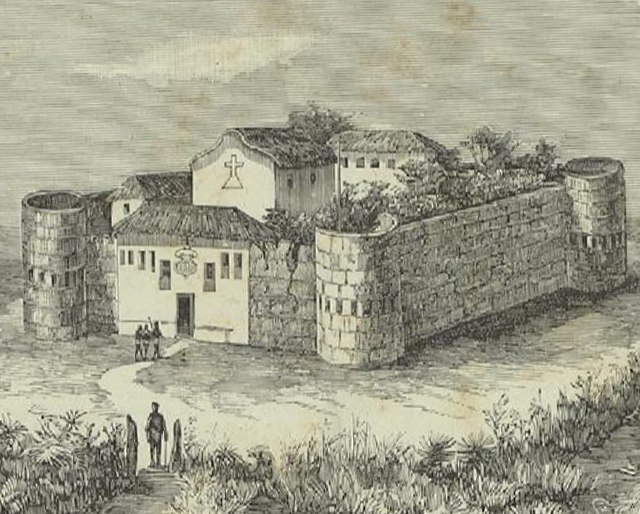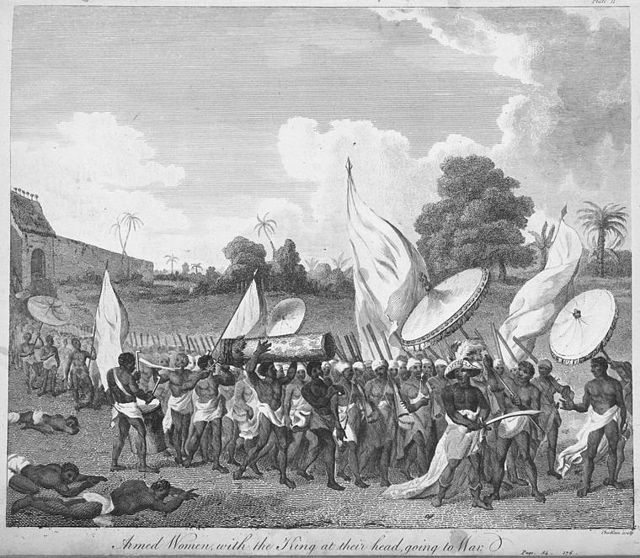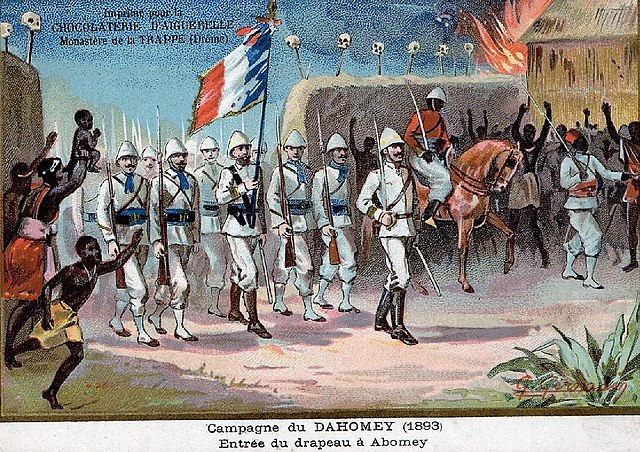South Atlantic Peace and Cooperation Zone
The South Atlantic Peace and Cooperation Zone was created in 1986 through resolution A/RES/41/11 of the U.N. general assembly on Brazil's initiative, with the aim of promoting cooperation and the maintenance of peace and security in the South Atlantic region. Particular attention was dedicated to the question of preventing the geographical proliferation of nuclear weapons and of reducing and eventually eliminating the military presence of countries from other regions.
Flag of the ZPCAS
President Fernando Henrique Cardoso speaks at the ZPCAS Summit held in Brasília.
Benin, officially the Republic of Benin, and also known as Dahomey, is a country in West Africa. It is bordered by Togo to the west, Nigeria to the east, Burkina Faso to the north-west, and Niger to the north-east. The majority of its population lives on the southern coastline of the Bight of Benin, part of the Gulf of Guinea in the northernmost tropical portion of the Atlantic Ocean. The capital is Porto-Novo, and the seat of government is in Cotonou, the most populous city and economic capital. Benin covers an area of 114,763 km2 (44,310 sq mi), and its population in 2021 was estimated to be approximately 13 million. It is a small, tropical country. It is one of the least developed, with an economy heavily dependent on agriculture, and is an exporter of palm oil and cotton. Some employment and income arise from subsistence agriculture.
The Portuguese Empire was the longest European presence in Benin, beginning in 1680 and ending in 1961 when the last forces left Ajudá.
Dahomey Amazons with the King at their head, going to war, 1793.
A French depiction of the conquest of Dahomey in 1893
Yayi Boni's 2006 presidential inauguration






